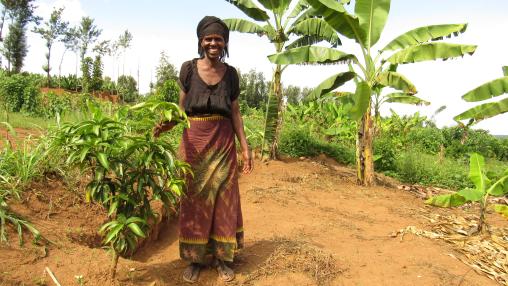
Agrifood System Transformation in Rwanda: Development Impacts
Between 2000 and 2019, Rwanda’s economy grew by over 7 percent annually. This rapid and significant expansion was driven in part by transformation in the country’s agrifood sector. A recent project note by IFPRI’s Rwanda Strategy Support Program examines that transformation, particularly how the growth of different agrifood value chains has impacted poverty reduction, hunger and nutrition, economic growth, and employment in the country.
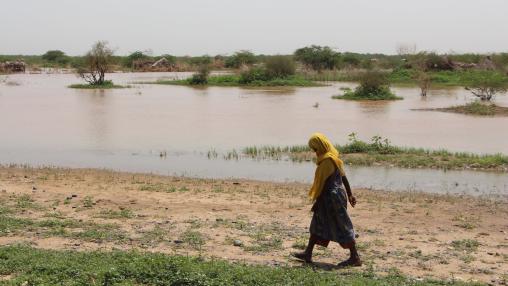
122 Million More People Were Hungry in 2022: 2023 SOFI Report Released
The number of people facing hunger around the world has increased by more than 122 million from 2019, according to the newly released annual State of Food Security and Nutrition in the World (SOFI) report, , a joint publication by the UN Food and Agriculture Organization (FAO), International Fund for Agricultural Development (IFAD), UNICEF, World Food Programme, and World Health Organization (WHO).
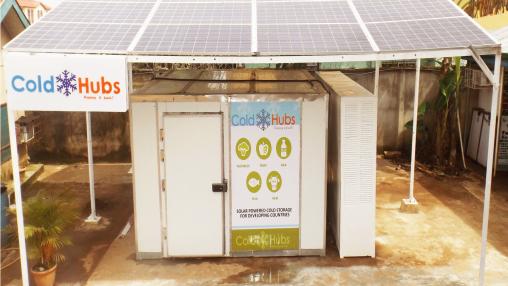
Solar-Powered Cold Storage Technologies and Agrifood System Modernization: Evidence from Nigeria
Food loss and food waste continue to pose a serious challenge for sustainable agricultural growth and food and nutrition security around the world. In many developing countries, lack of modern storage and transportation infrastructure plays a large role in food loss and waste, particularly for more nutritious and profitable but perishable foods like fruits and vegetables.
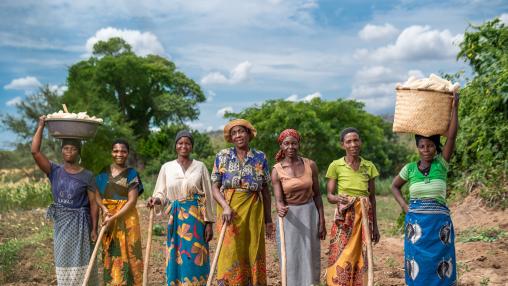
How Cooperatives Can Drive Agricultural Transformation in Malawi
Cooperative farming is often seen as potential pathway for smallholder producers to gain access to more lucrative market opportunities, thus improving their livelihoods and reducing poverty. Such is the case in Malawi, where agricultural cooperatives have been prioritized in the country’s 2063 development vision as a way to enhance the productivity and commercialization of the country’s many smallholder farmers. A recent policy note from the Malawi Strategy Support Program (MSSP) looks at the current state of the program and how policymakers can increase its chances of success.
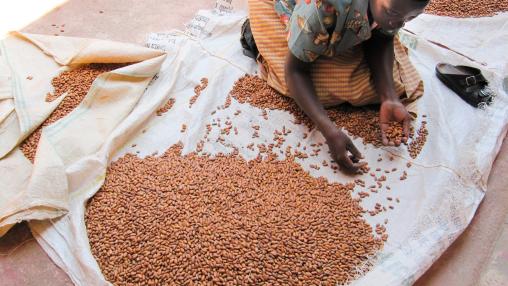
Building Better Bean Value Chains: Evidence from Uganda
Beans play an important role in the diets of rural Ugandans, making up as much as 25 percent of average daily protein intake. They are also an important cash crop within the country, with biofortified beans holding the potential for significant value-added production and income generation. However, this potential is constrained by Uganda’s weak seed systems and uncoordinated value chains, which limit productivity.
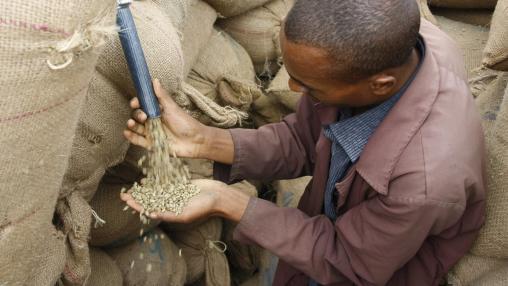
Adding Value to Ethiopia's Coffee Sector
Coffee plays a central role in Ethiopia’s economic structure. An estimated 15 million Ethiopians depend on the coffee sector for their livelihoods, and the country remains the largest producer and exporter of coffee in Africa. Despite the importance of the crop for income generation and economic growth, however, only a small proportion of Ethiopian coffee farmers engage in practices that can result in higher quality beans and garner higher prices on the international market.
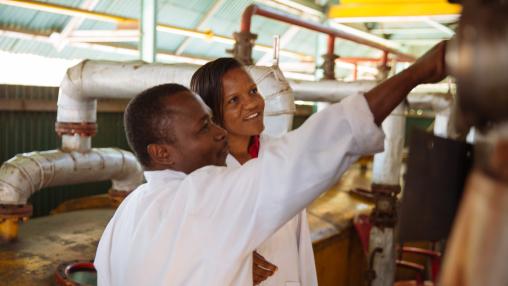
Potentials and Pitfalls in Africa's Agrifood Processing Sector
The sustainable transformation of Africa’s agrifood processing system has been increasingly recognized as crucial to ensuring the region’s food security, reducing poverty rates, and supporting economic development. The ReSAKSS 2022 Annual Trends and Outlook Report (ATOR) takes an in-depth look at the status of the system, as well as the major challenges threatening further development and policies that can support sustainable growth in Africa’s agrifood sector.
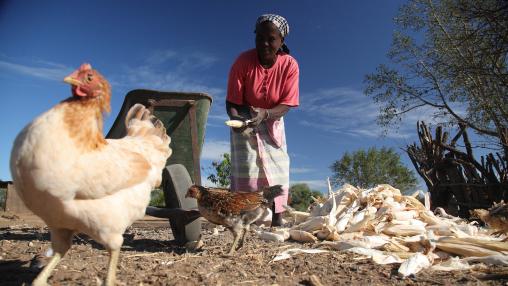
Market System Development Interventions Prove Effective in Improving Agricultural Productivity in Mozambique
An innovative market system development (MSD) intervention in Mozambique has helped increase use of agricultural inputs and access to critical market information among smallholder farmers, according to a new policy brief released by IFPRI. These results extended beyond the direct beneficiaries as well, highlighting the potential for such interventions to provide wide-ranging benefits.
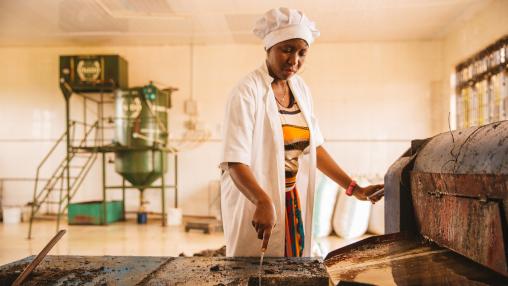
Agrifood Processing Presents Opportunities for African Farmers, But Challenges Remain
The recently released 2022 ReSAKSS Annual Trends and Outlook Report (ATOR) takes an in-depth look at Africa’s agrifood processing sector, including its current status, its challenges, and its opportunities.
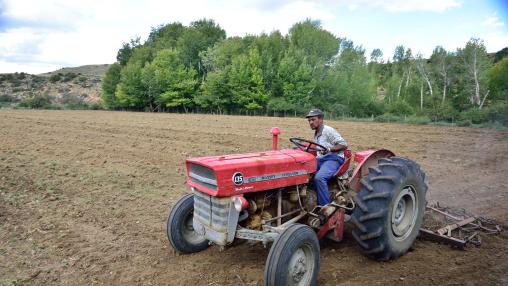
Substantial Investment, Increased Coordination Needed to Achieve SDGs: 2022 Africa Agricultural Status Report Released
Food systems around the world have experienced numerous shocks in the past two years, and African food systems are no exception. The impacts of the COVID-19 pandemic, global and local supply chain disruptions, climate change, and the Russia-Ukraine conflict have placed enormous pressure on food and nutrition security in the region, threatening the likelihood that Africa will achieve the Sustainable Development Goals (SDGs) by 2030.